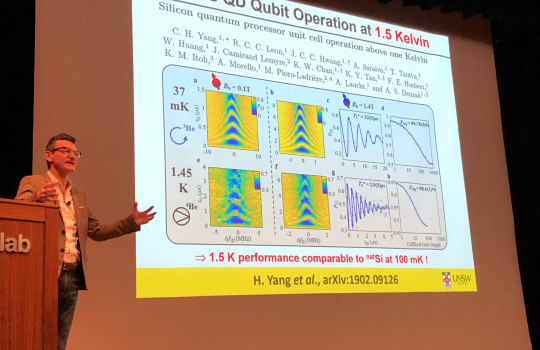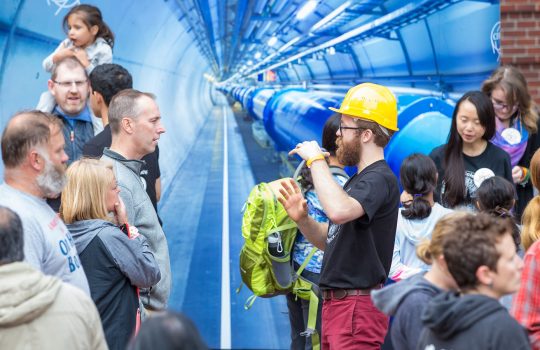Renuevan convenio para generar capacidades en altas energías y materiales en todo el país
From Andina, Sept. 18, 2019: El Laboratorio Nacional Fermi (Fermilab), el segundo centro de investigación más grande del mundo en altas energías, en Estados Unidos, acaba de renovar su convenio con el Concytec, esta vez, para generar capacidades en el rubro de altas energías y materiales en el Perú.



